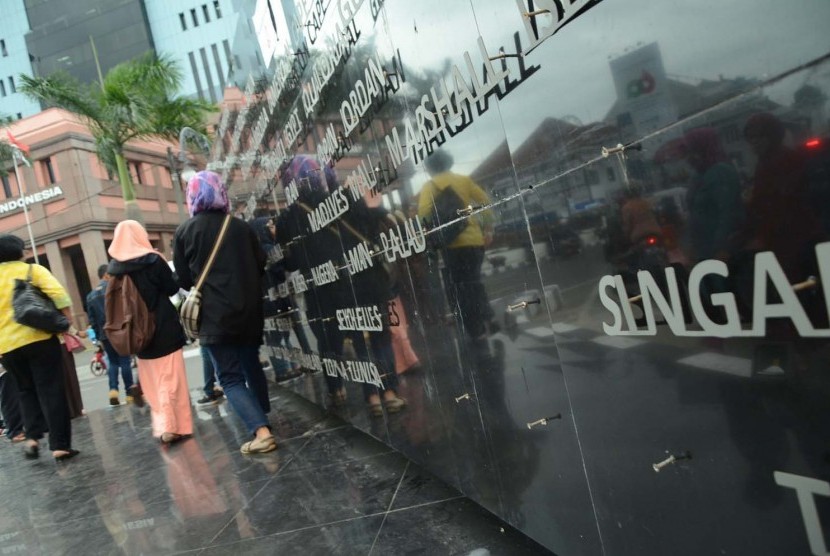REPUBLIKA.CO.ID, JAKARTA -- The International Advisory Committee of UNESCO's Memory of the World Programme has inscribed 47 new nominations, including the Asian-African Conference (AAC) Archives submitted by Indonesia, on the Memory of the World International Register.
The inscription of the AAC Archives was announced following the Committee's three-day meeting in Abu Dhabi, United Arab Emirates, on October 4-6, 2015, Chairman of the Indonesian Institute of Sciences (LIPI) Iskandar Zulkarnain stated here, Tuesday.
The AAC Archives comprise a set of documents, pictures, and films related to the conference held in Bandung, Indonesia, on April 18-24, 1955.
The conference was the first international assembly of Asian-African nations aimed to promote world peace and cooperation, and freedom from colonialism and imperialism. The conference was attended by 29 Asian and African countries.
The LIPI and the Indonesian National Archives (ANRI) had proposed the inclusion of the AAC Archives in the Memory of the World Register in 2012.
The proposal was supported and assisted by four other initiators of the AAC: India, Pakistan, Myanmar, and Sri Lanka.
"The AAC is a testament to the fact that Indonesia has played a significant role in promoting solidarity among the Asian and African continents," Zulkarnain stated at an international seminar on "Bandung Conference: Memory of the World and Emerging Forces" held in Jakarta on Oct. 28.
With the inclusion of the AAC archives in the Memory of the World register, the international community will now have access to the AAC documents that highlight world peace, independence, freedom, the welfare of human beings, and internationalism, he remarked.
During the meeting in Abu Dhabi, the Committee examined and approved new items of documentary heritage proposed by 40 countries, as well as the Association for Recorded Sound Collections at its 12th meeting.
The Memory of the World Register now includes a total of 348 documents and document collections, coming from all continents and safeguarded on various materials from stone to celluloid and parchment to sound recordings.
While endorsing the inscriptions, the Director-General of UNESCO, Irina Bokova stated, "It is my deep and firm conviction that the Memory of the World Programme' should be guided in its work to preserve documentary heritage and memory for the benefit of present and future generations in the spirit of international cooperation and mutual understanding, building peace in the minds of women and men."


